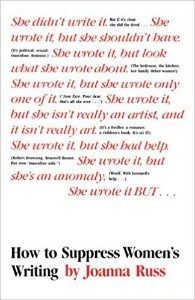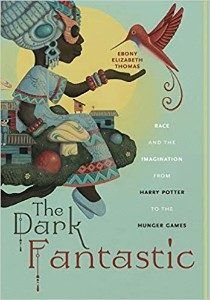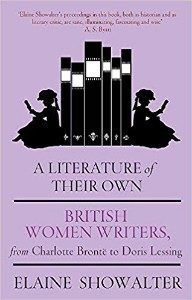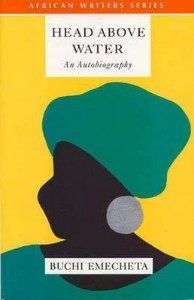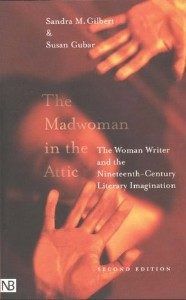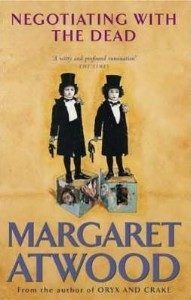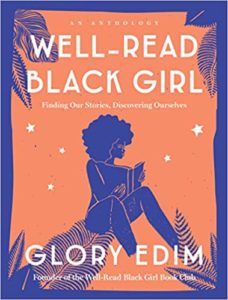How to Suppress Women’s Writing by Joanna Russ
How to Suppress Women’s Writing is a darkly humorous forerunner of websites like The Toast and Electric Literature. In How to Suppress, Joanna Russ gives the reader a rundown of the many, many, many ways they can make sure women remain unpublished. And despite being written in 1983, at times How to Suppress feels very familiar, especially the chapters on The Double Standard of Content and False Categorising.
The Dark Fantastic: Race and the Imagination from Harry Potter to the Hunger Games by Ebony Elizabeth Thomas
Untangling publishing trends from writing trends is an ambitious task, and one that Ebony Elizabeth Thomas rises to with her first book: The Dark Fantastic: Race and the Imagination from Harry Potter to the Hunger Games. Thomas focuses on four black girl characters written by white authors and she uses their character arcs to highlight how lack of diversity within publishing contributes to a lack of understanding among white creators.
A Literature of Their Own: British Women Novelists from Charlotte Brontë to Doris Lessing by Elaine Showalter
Elaine Showalter’s immense history of British women’s writing was my introduction to feminist literary criticism. So now you know where to send any complaints and/or plaudits. Unlike a lot of her fellow non-Brit writers, Showalter does a decent job of analysing the way Britain’s unique sexism and classism contributed to and impeded the development of women’s writing. A Literature of Their Own is packed full of interesting insights and by the end you’ll have a reading list long enough to stretch from Land’s End to John O’Groats.
Head Above Water by Buchi Emecheta
At the age of 22, Buchi Emecheta left her husband in Nigeria and emigrated to the UK with her five young children. Feeling very much a stranger in a strange land, she started to write stories about Nigeria in the 1960s and England in the 1970s. Emecheta’s memoir, Head Above Water, documents this time, and it’s especially fascinating to see the ways London’s literary gatekeepers embraced, rejected, and then once again embraced Emecheta.
The Madwoman in the Attic: The Woman Writer and the Nineteenth-Century Literary Imagination by Sandra Gilbert and Susan Gubar
In The Madwoman in the Attic, U.S. authors Sandra Gilbert and Susan Gubar skip right on over the way that sexuality, gender, and class impacted the work of early British writers like Jane Austen, the Brontë sisters, George Elliot and Christina Rosetti. They do, however, seed a lot of the literary theories and assumptions about women’s writing that we take for granted today. As a piece of women’s history Madwoman is still an interesting read and worth adding to your collection.
Negotiating with the Dead by Margaret Atwood
A series of personal essays about learning to become a writer, Negotiating with the Dead is the kind of book that you’ll keep abandoning to bashing out some more words on your own languishing WIP. Margaret Atwood originally wrote Negotiating as part of a lecture series on learning how to write, and the result is part journey through the 20th century Canadian literary scene, part how to kick arse guide for aspiring writers.
Well-Read Black Girl: Finding Our Stories, Discovering Ourselves edited by Glory Edim
Carving out a space for our own stories is a feature of women’s literary communities, and Glory Edim’s love of reading takes the Well-Read Black Girl community to another level. A true celebration black women writers, Finding Our Stories, Discovering Ourselves includes essays by N.K. Jemisin, Jaqueline Woodson, and Tayari Jones. There are also booklists for every genre and histories of black women’s literary achievements. For more on the Well-Read Black Girl collective, check out this list of black bookish creators you can support today and every day.

